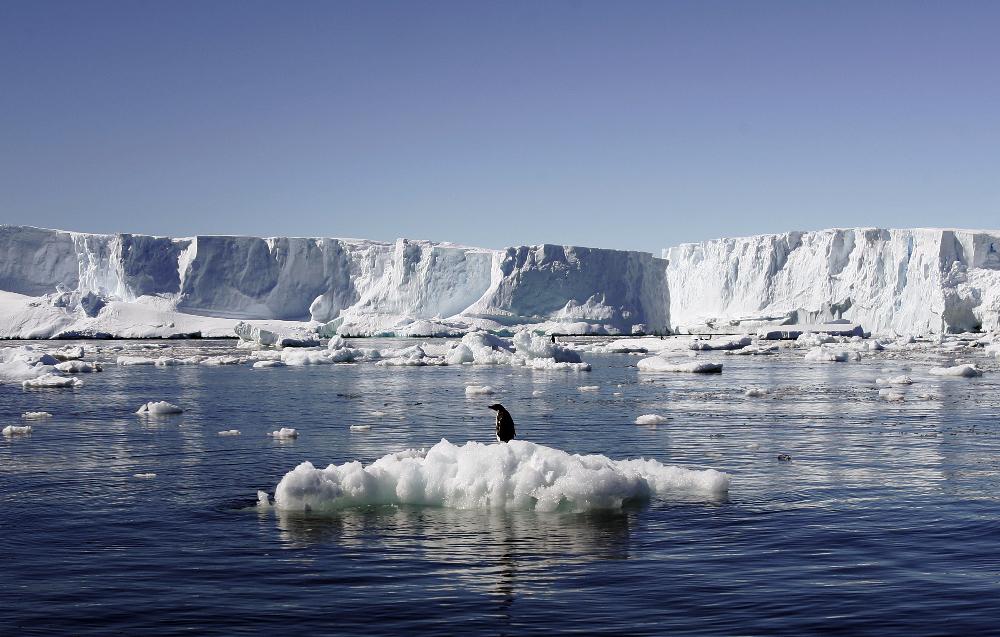
Skvarča was born in the Slovenian capital of Ljubljana in 1944, during World War II. After the war, his father, a member of the collaborationist Slovenian Home Guard, was killed without trial by the victorious Communists. His family was deemed politically unreliable and Skvarča’s mother was even imprisoned by the secret police. In the 1950s, the family decided to immigrate to Argentina.
The young Peter, who was 12 when he arrived in Argentina, became known as Pedro Skvarča. He studied to become a surveyor and obtained a degree in geodesics.
Along with his brother, he climbed numerous peaks in the Andes, and was the first person to ascend several remote mountains. As part of one of his scientific expeditions, he measured the Earth’s gravity on Cerro Aconcagua – the highest point where gravity had ever been measured. In an interview with an Argentinian newspaper, Skvarča stated that he had been frustrated by the lack of attention paid by the Argentinian government to the country’s natural environment. With his expeditions, he decided to challenge the official attitude.
Skvarča eventually became widely recognized for his work studying glaciers. He explored many glaciers around the world, but his focus was on the glaciers of the Andes and Antarctica. He took part in more than 40 expeditions to the worlds’ southernmost continent and in 1979, he was named the head of the Glaciology Division at the Argentinian Antarctic Institute. He also wrote numerous articles for prestigious international journals.
Skvarča now heads the Glaciarium, a museum in Patagonia dedicated to the mysteries of glaciers. The institution, his lifelong dream, was inaugurated by former Argentinian President Cristina Kirchner in 2011.
Meanwhile, Skvarča’s research on the disappearance of glaciers due to climate change – he had even served on the International Panel on Climate Change – serve as reminder of just how drastically human activity is altering the Earth’s atmosphere.


































































